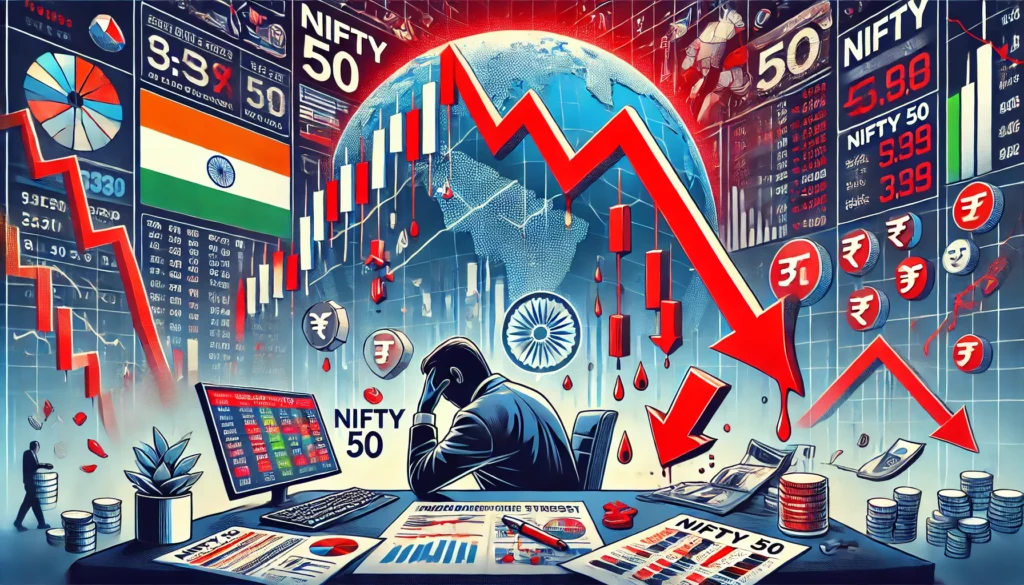In the intricate domain of finance, having information gives one the ability to wield unimagined power. While some companies are hoping to vie for a better position using their innovations and strategic planning, others seek to employ more unscrupulous methods, such as espionage. This illegal practice of obtaining confidential information involves getting sensitive data that can be used to cause economic harm to competitors or sabotage them financially. Corporate espionage is as old as time; however, with today’s advanced technological capabilities, its approach has become far more complicated and pervasive.
Gaining Insight on Corporate Espionage
Corporate espionage, also referred to as industrial espionage or economic espionage, is the stealthy and unauthorized appropriation of sensitive business data. In contrast to competitive intelligence, where information that comes through the public domain is used, corporate espionage relies on trickery, hacking, and corruption.
Standard Techniques of Corporate Espionage
While attending to cyber espionage, hackers breach data from hedge funds, financial firms, or corporations, stealing confidential data, financial reports, and trade secrets.
Insider recruitment involves bribing or blackmailing employees or executives for confidential information.
With social engineering, attackers apply psychological tricks to manipulate employees in order to access sensitive information.
Competitors may spy on business operations of rival companies using hidden cameras, drones, wiretaps, or physical spying.
Employees are duped into exposing passwords or sensitive financial details through phishing emails or bogus websites.
Third-party vendors who have weaker security protocols are used for espionage through supply chain attacks.
Tricks Companies Use for Espionage: Common Practices
Cyber Espionage: Professional hackers target various companies and corporations as their clients to gain access to confidential data such as financial reports and trade secrets.<br>
Insider Recruitment: Employees or managers are paid or placed under pressure with violence to divulge secure information.<br>
Social Engineering: Attackers gain access to sensitive information via psychological tricks to manipulate employees.<br>
Physical Surveillance: Competitor firms may employ hidden cameras, wiretapping, and even drones to spy and keep tabs on business activities.<br>
Phishing Attacks: Forged emails with fake websites designed for employees to easily part with sensitive company credentials and financial details.<br>
Supply Chain Attacks: Third-party vendors with loose security who conduct espionage on their employers.
Espionage in Finance: Some of the Most Famous Cases
Goldman Sachs and Sergey Aleynikov (2009)
Aleynikov was previously employed at Goldman Sachs as a programmer until he was arrested for taking the company’s proprietary trading code with him after he accepted an offer from a rival firm. Goldman Sachs had serious worries that their high-frequency trading algorithms were going to be stolen and misused to disrupt the financial markets. His prosecution brought to light the issue of how open financial institutions are to the threat posed by their own employees.
Tesla and Rivian (2020)
Tesla had a dispute with the Rivian startup company and took them to court because they thought the latter company was poaching Tesla employees with the promise of paying them lots of money for taking along confidential secrets about batteries and other confidential manufacturing processes. Though not in strict finance, these legal proceedings meddled with the stock and public perception assumed for the company, and the effect was strong because stealing trade secrets is never good for the value of the company.
The Chinese Hacking Scandals
Chinese espionage groups have been accused of engaging in cyber wars against American financial institutions such as investment banks and hedge funds. These hacking attempts are mostly aimed at obtaining information regarding sophisticated algorithmic trading systems, M&As, and other proprietary consulting forecasts that allow the client to be better positioned in the international marketplace.
The Effect on Financial Markets
Corporate espionage can have a serious impact on the financial markets of companies, investors, and even economies for the following reasons:
Stock Market Activities: Insider corporate information can be exploited for stock trading and investment if it is kept before important news comes out in the public domain.
A Decline of Investor Trust: Espionage may cause some firms to lose trust, which eventually leads to their stock prices reducing because of exposed market secrets.
Strict Government Regulations: Companies that are accused of violating espionage rules are punished through heavy fines and sanctions by the government.
Competitive Handicaps: A firm losing valuable proprietary information to competition would find it difficult to sustain its market position, which may result in long-term negative implications.
Steps to Prevent Corporate Espionage Attacks
Improving Cyber Security: Making use of strong passwords, multi-factor authentication, encryption, and employee cyber training.
Monitoring Internal Threats: Carrying out routine audits and qualitative checks on employees who have access to sensitive background information.
Legal Measures: Employing non-disclosure agreements (NDAs) and reporting structures to curb unauthorized data harvesting.
Artificial Intelligence and Machine Learning: Using AI and machine learning technologies to monitor financial operations for unusual or unauthorized activities.
Ethical Culture: Promoting ethics and whistleblowing within a corporation for the benefit of the organization.
To Conclude
The risk posed by corporate espionage is continuously present in the financial field, and large corporations as well as small businesses are vulnerable. While there is still a wide net of unlawful actions and undertakings that the governmental agencies and regulators are progressively trying to eliminate, it is imperative for companies to defend their information and intelligence proactively. In this day and age, where information is power, protecting sensitive and confidential market and intellectual property data has become even more important.



